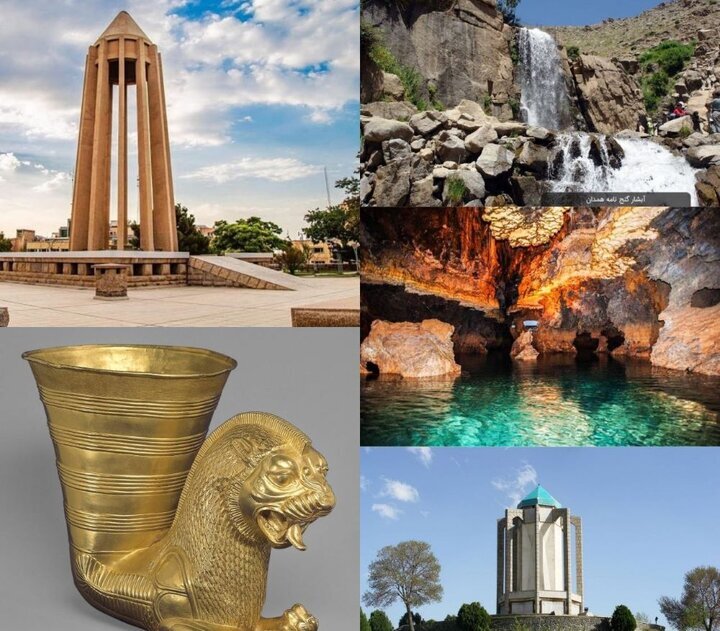10 beautiful cities you should visit during travel to Iran

TEHRAN--Iran stands out as a land where urban life is deeply intertwined with centuries of history, spirituality, and stunning natural diversity.
Mehr News Agency has compiled a list of some prominent and famous Iranian cities that all Iranian citizens and tourists must visit at least once in their lives.
From ancient capitals to sacred centers and modern metropolises, Iranian cities embody the essence of civilization — places where culture, creativity, and community converge.
Tehran, the beating heart of modern Iran
As the capital and largest city, Tehran represents the pulse of contemporary Iran. Beneath its fast-paced urban life lies a wealth of history — from the majestic Golestan Palace, a UNESCO World Heritage Site, to vibrant bazaars and museums that narrate the story of a nation balancing tradition and progress. Framed by the snow-capped Alborz Mountains, Tehran also offers a unique blend of natural and urban experiences.
Isfahan, the city of ‘Half the World’
The elegant mosques and palaces showcase Iran’s golden age of urban design. The city’s symmetrical gardens and turquoise domes continue to inspire visitors from across the world.
Shiraz, the city of poets, gardens
Renowned as the city of love and poetry, Shiraz is home to Iran’s literary icons — Hafez and Sa’di. The tranquil Eram Garden, vibrant Nasir al-Molk Mosque, and nearby ruins of Persepolis, the ancient Achaemenid capital, make Shiraz a cultural and historical treasure.
Mashhad, the spiritual capital of Iran
Mashhad attracts millions of pilgrims annually as the resting place of Imam Reza (AS), the eighth Shia Imam. Beyond its grand shrine complex, the city is a center of learning, hospitality, and cultural exchange, blending devotion with urban vitality.
Tabriz, the crossroads of civilization
Situated in the northwest, Tabriz has long served as a major trade hub on the Silk Road. Its historic Grand Bazaar, one of the world’s oldest covered markets, symbolizes Iran’s role in global commerce and craftsmanship. The city also boasts rich Azarbaijani culture and stunning architecture.
Yazd, the city of windcatchers
Recognized by UNESCO for its unique desert architecture, Yazd reflects centuries of adaptation to harsh climates. Its windcatchers (badgirs), Zoroastrian Fire Temple, and maze-like alleys speak of endurance, faith, and harmony with nature.
Kerman, the living museum
Kerman combines natural beauty with cultural depth. From the Ganjali Khan Complex to the surreal landscape of the Lut Desert, one of the hottest places on Earth, Kerman represents the coexistence of civilization and wilderness.
Kashan, the desert city of rosewater
A smaller yet enchanting city, Kashan is famed for its traditional houses, such as the Tabatabaei House, and for hosting the Fin Garden, another UNESCO site. It is also the heart of Iran’s rosewater and carpet traditions.
The ancient city of Kashan, which sits where Iran’s vast desert, Dasht-e Kavir, begins, has long been famed for its traditional rosewater destinations, atmospheric places, and hospitable people.
Hamadan, the old land of civilization, pristine nature
Among the oldest cities in the world, Hamadan dates back to the Median Empire. The Tomb of Avicenna, Ganjnameh inscriptions, and Ecbatana ruins reveal its enduring historical importance.
Rasht, the city of silver rains
Rasht, the capital of Gilan province, is known for its vibrant markets, cuisine, and proximity to the Caspian Sea and Masuleh village. Its lush nature and mild climate make it a northern paradise.
Leave a Comment